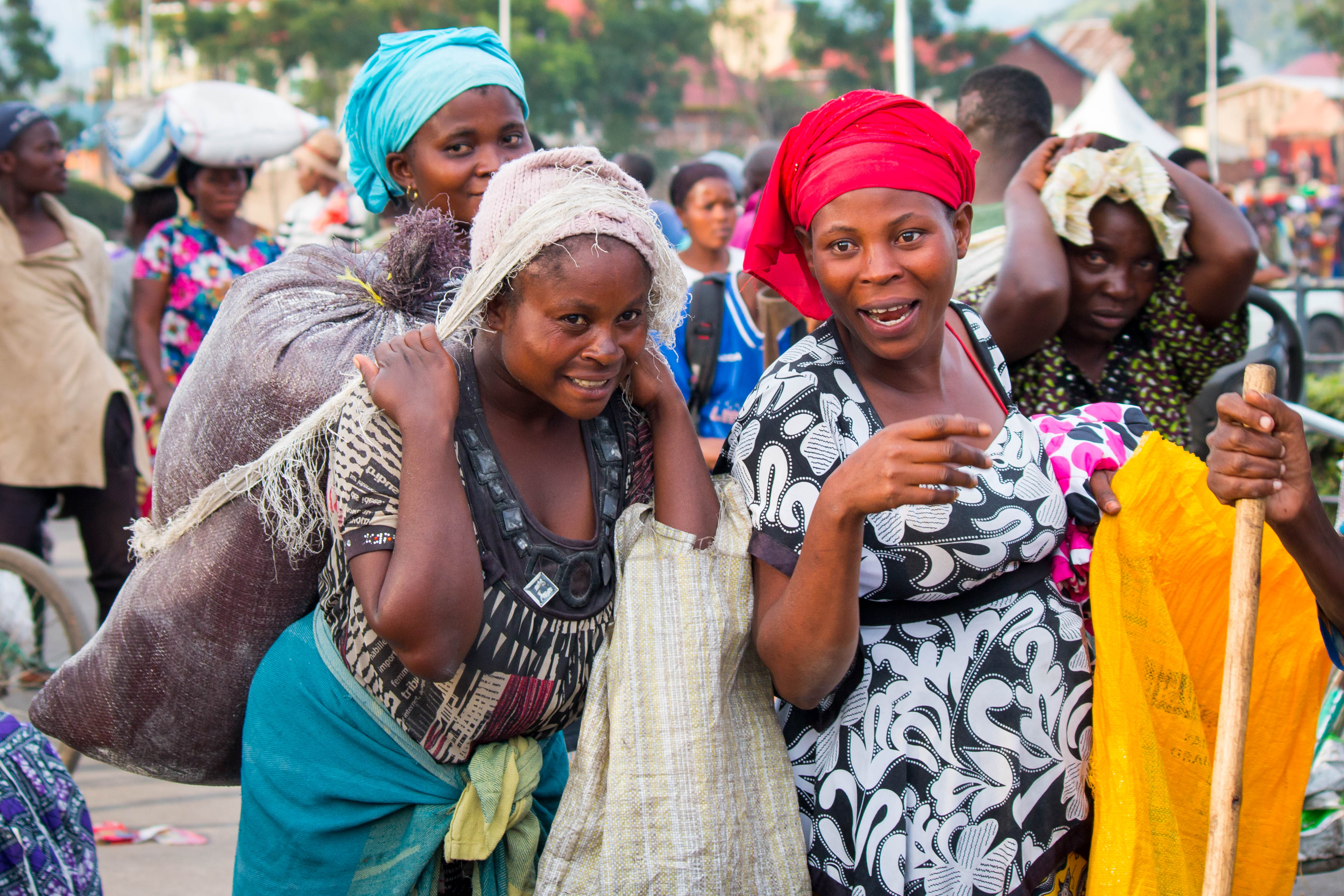Rwanda’s plastic bag ban cleans up country

By Zhao Shuang and Gao Yue
On a cool May evening after a rain shower in hilly north Rwanda, the streets sparkled, not a single piece of litter in sight.
Rwanda, a country of almost 13 million in Central Africa, is often called the cleanest country on the continent. One reason? Plastic bags are illegal.
Manufacturing, using, importing and selling polythene bags have been banned here since 2008.
Around the world, 65 countries have banned plastic bags to varying degrees.
Rwanda was not the first in Africa, but, along with Kenya, it is considered one of the strongest enforcers.
Anyone caught with a plastic bag can be fined up to 500,000 Rwandan francs (HK$4,312) or imprisoned for up to a year.
“It took time for people to believe it will happen,” tour guide Mugugu Mungarulire, 49, said. “Rwanda mainly imported plastic bags from Uganda. People started smuggling in bags and then bringing them to shop. We just come to the shop, check, seize them, and take them to jail. And nobody smuggles anymore.”
People now use baskets to carry goods and paper bags to wrap commodities.
There are some exceptions, such as in the hotel industry. “The only problem is the kitchen and the bar, where we have wet trash instead of dry waste. That’s the only place we use plastic bags,” food and beverage manager of the Epic Hotel and Suites, Sandeep Moorjani said.
The country’s next move will be to ban single use plastics, such as water bottles. According to the Rwandan newspaper the New Times, the draft law was approved by the government in January and waits parliament approval.

